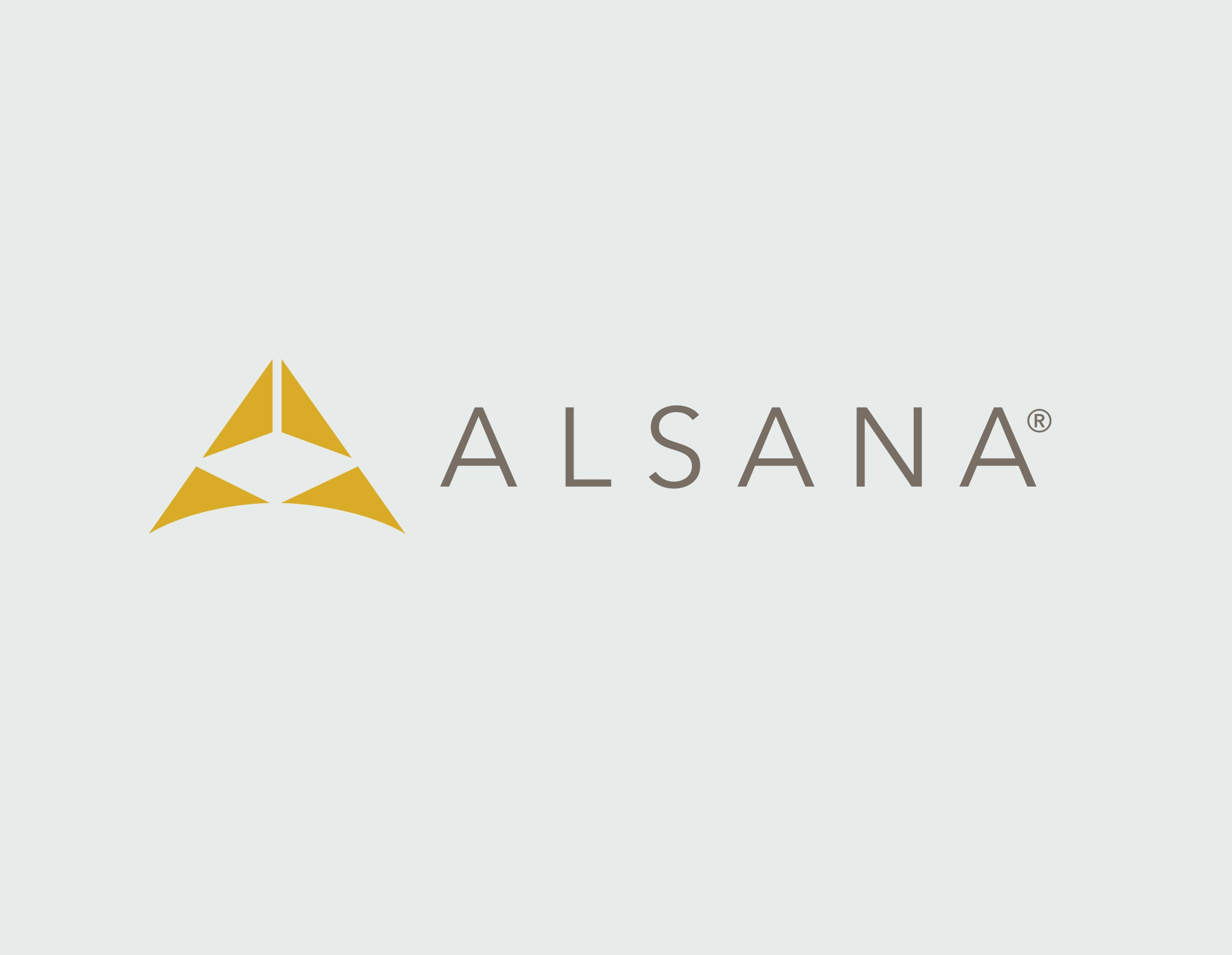ALCOHOL ABUSE AND EATING DISORDERS
Struggling with an eating disorder can be difficult and at times, it might even feel hopeless. Unfortunately, those who have an eating disorder often grapple with a number of other issues. One of the most common of these is substance abuse. By some estimates, half of those who have an eating disorder also have a struggle with addiction—a rate that is five times greater than that of the general population. The connection between eating disorders and substance abuse can be seen in both women and men, though it is a bit more common among men.
Understanding the Connection
What’s the cause of this connection, though? Why do so many people who struggle with an eating disorder also struggle with addiction? The answer is anything but simple or straightforward, as the real cause-and-effect relationship can be difficult to identify.
Certainly, there are times where it may be a matter of self-medication. Those who battle with a mental health disorder such as anxiety, depression, or yes, even an eating disorder may seek comfort and relief in drugs or alcohol. That may initially seem like an effective way to soothe the symptoms of mental illness, but it quickly spirals into a struggle with addiction, and only ever makes things worse.
More often than that, though, the causality is muddier. Substance abuse and eating disorders can both be influenced and triggered by a wide range of factors, including genetics, brain chemistry, environmental factors, and psychological ones. Often, substance use and an eating disorder may stem from the same underlying brain condition. One does not necessarily “cause” the other.
Regardless of the cause, though, substance abuse disorders are always dangerous, always degrading to an individual’s physical and mental health. Combined with an eating disorder, substance abuse can be truly deadly. That’s what makes it imperative to encourage prompt clinical intervention through Alsana.
Helping Someone with Eating and Substance Use Disorders
Helping someone who struggles with these co-occurring conditions is never easy. The best thing to remember is that your place is not to “fix” anyone, but simply to show them the compassion and support that they need—and to encourage them to seek care.
A few basic suggestions include:
Remember that early intervention is ideal. The sooner the individual seeks treatment, the better things are likely to go. Don’t delay your important conversations, then; if you fear that your loved one has a struggle, start a dialogue about it now.
Speak from a place of empathy. Avoid sounding accusatory or judgmental. Make sure that what you say is said from a place of love and concern. Let your loved one know you’re worried about them and want to make sure they are healthy. Use I statements to express yourself: I feel, I sense, I hope, etc.
Don’t enable. While you want to be supportive of your friend or loved one, you don’t want to enable behaviors that reinforce addiction or eating disorders. Avoid loaning them money or helping them out of jams, except in cases where it might actually be life-threatening not to.
Listen. Be patient. Your loved one may not want to open up to you about their struggle right away, so let them know that you are there to listen and to support them however you can. Make yourself available to them whenever they do feel like talking.
Help them seek treatment. Eating and substance use disorders are difficult to treat outside of a center like Alsana, so do whatever is needed to help your loved one seek medical intervention.

JOIN OUR ONLINE SUPPORT GROUP
Weekly meetings
Fridays at noon / PST

VIRTUAL TREATMENT OPTIONS
Meeting each client where they are on their recovery journey. Virtually.
Our Recommended Articles
Start the road to recovery with Alsana.






